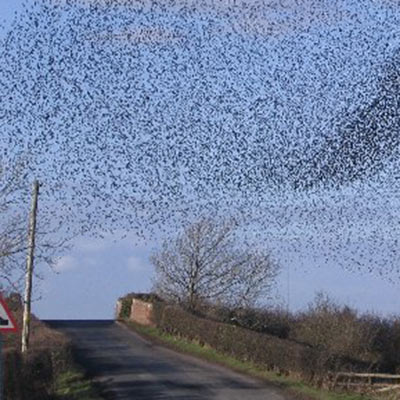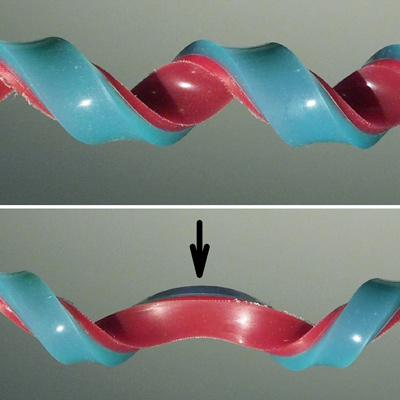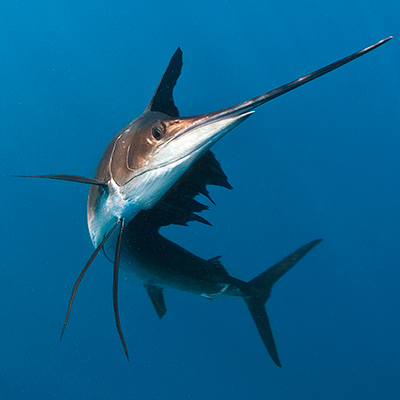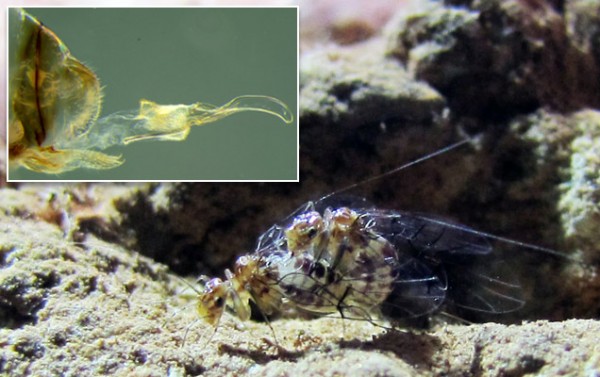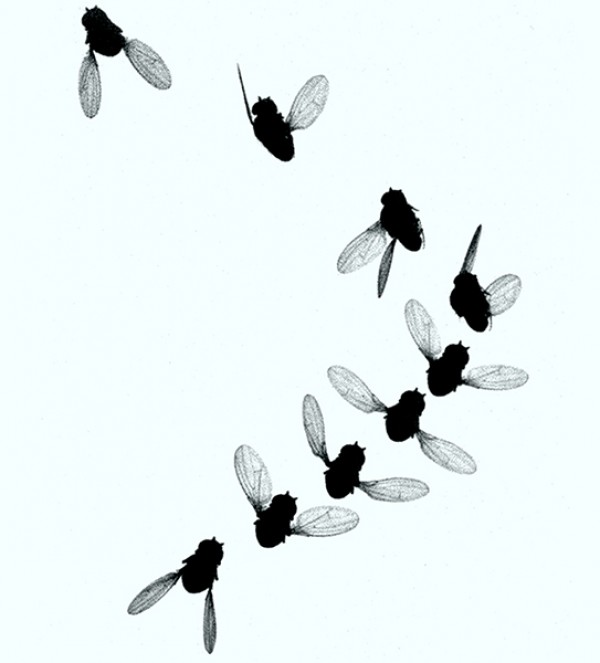
Some Birds Thrive in Chernobyl’s Radioactive Glow
Science, April 2014Nearly 28 years after the worst nuclear accident in history, several bird species are doing the seemingly impossible: flourishing inside the radioactive Chernobyl Exclusion Zone in Ukraine. Due to lingering radiation from the 1986 meltdown of the Chernobyl nuclear power plant, humans aren’t allowed to live there—but the region has become an accidental ecological testing ground for scientists interested in studying the effects of radiation on wild animals.
